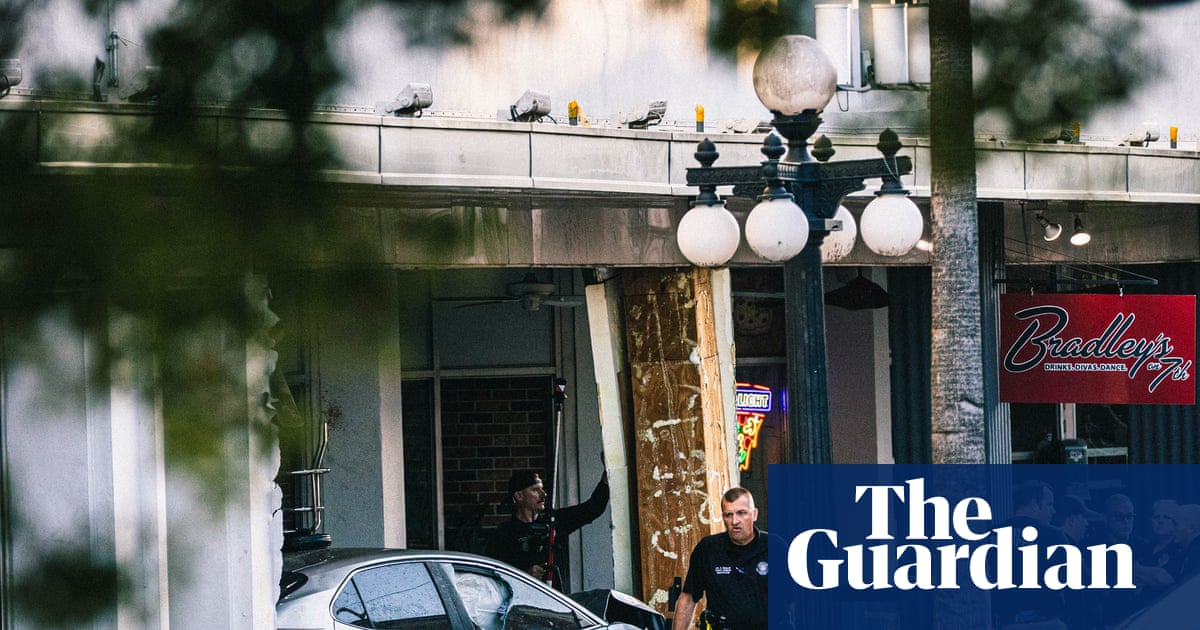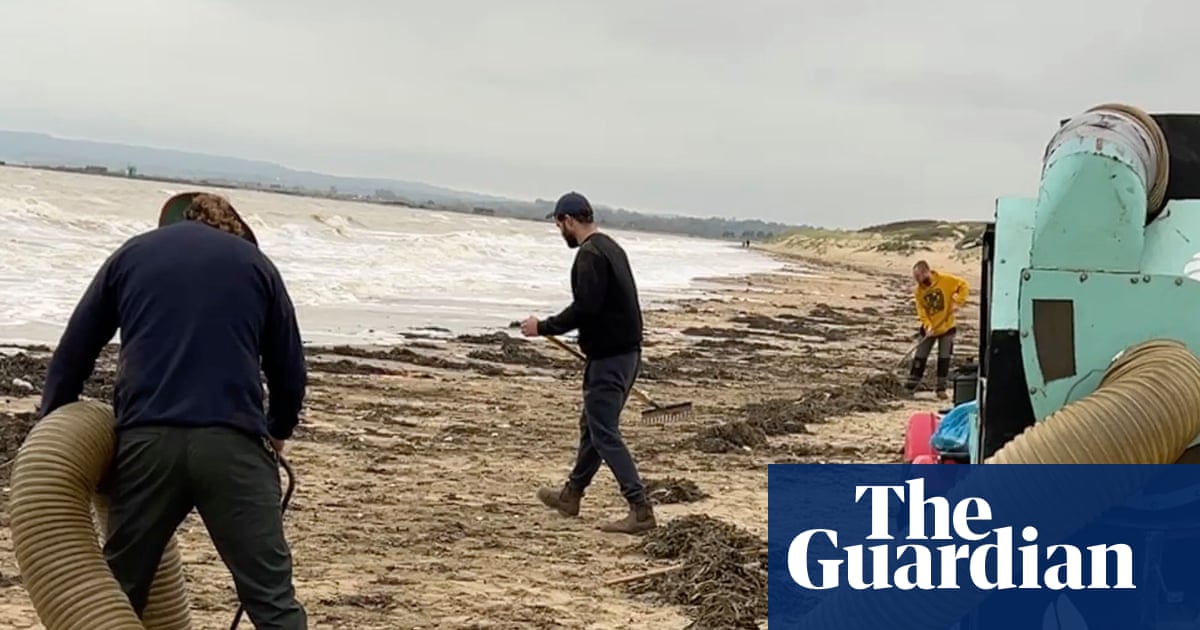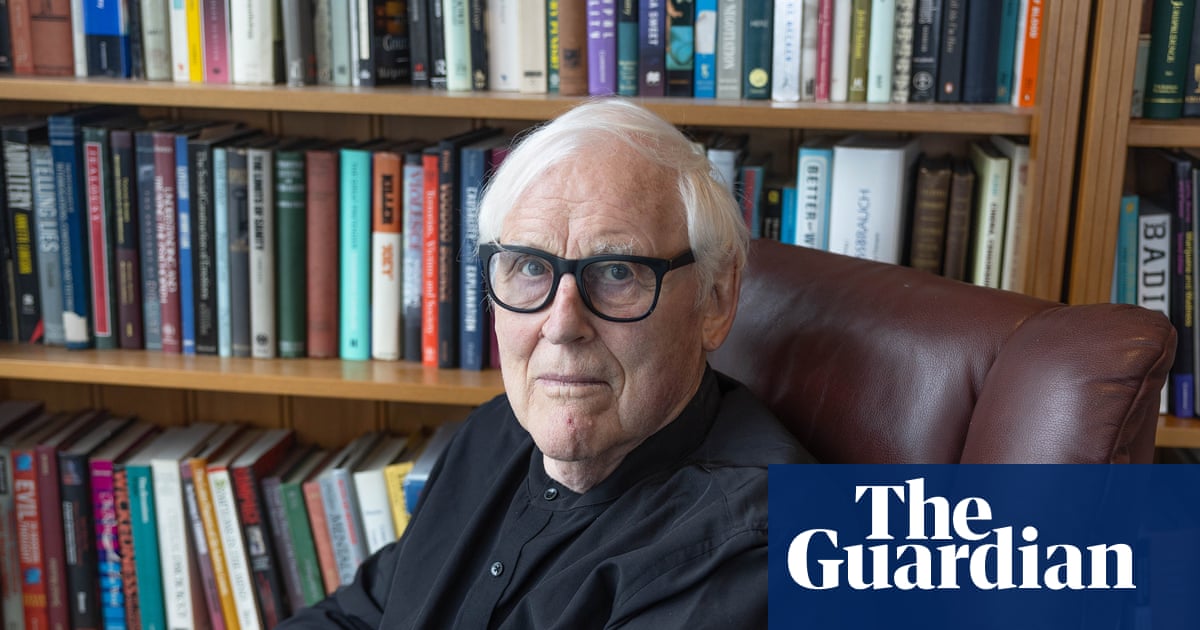This mysterious and piercingly sad film from Vietnamese film-maker Minh Quy Truong has the air of an extended, lucid dream or realist hallucination. It is a movie about the eternal presence of the dead, which, along with the murmuringly restrained dialogue, makes it comparable to the work of Thai director Apichatpong Weerasethakul.
The film’s two key characters unselfconsciously bear names that symbolise the nation. It is 2001, and Viet (Duy Bao Dinh Dao) and Nam (Thanh Hai Pham) are two twentysomething men who were babies when the Vietnam war was concluded. They are coal miners and are in love, often having sex actually down in the mine. These sequences are as bizarre as they are erotic, yet conceivably supposed to be understood on the level of a vision or dream, because the dark coal on which they recline looks like a starlit sky. This could be because the mine is a kind of secular underworld but also because there is surely something uncomfortable and unlikely about sex in these circumstances, as their relationship does perhaps have to kept secret above ground. There is, though, a moment of rare comedy in a line bifurcated with a pause, when they are asked: “When will you two get married … when will you get wives?”
Nam is planning to leave Vietnam in a desperately dangerous container unit. But first he has to solve the inexpressibly painful question of where his late father’s remains are – he was killed in action during the war and his body never found. Nam’s mother Hoa (Thi Nga Nguyen), who has a shop selling coal briquettes, is having vivid dreams which she thinks will lead her to the spot, and his father’s old friend and disabled military comrade Ba (Le Viet Tung) has volunteered to join the search, perhaps with memories that he has not yet told anyone about. Their expedition takes them into the forested wilderness, to a whitefaced psychic who is apparently making a living helping people like Hoa, and then also to the Ba Chuc Memorial to the 1978 massacre by the Khmer Rouge, with its horrendous display of skulls.
The terrible sadness of the film is to be found in a rather extraordinary late scene in which Ba reveals something awful to Hoa, who then immediately has to deal with a customer, an interruption to be compared with the one at the end of Brief Encounter. Viet and Nam is a film that first feels opaque and elusive, and yet it becomes drenched with emotion.

 3 months ago
123
3 months ago
123

















































